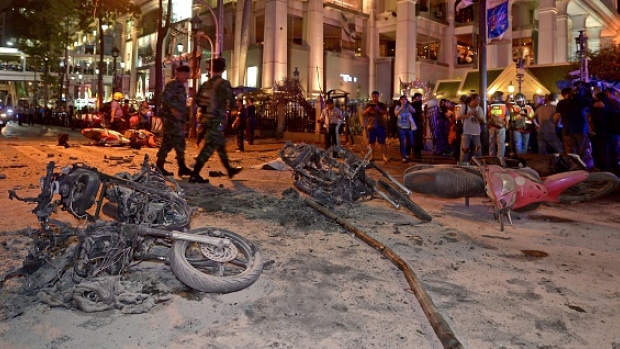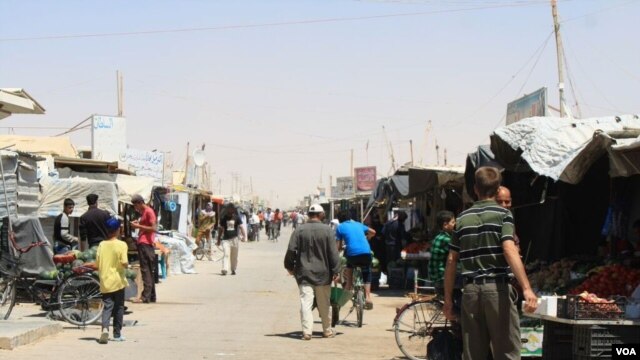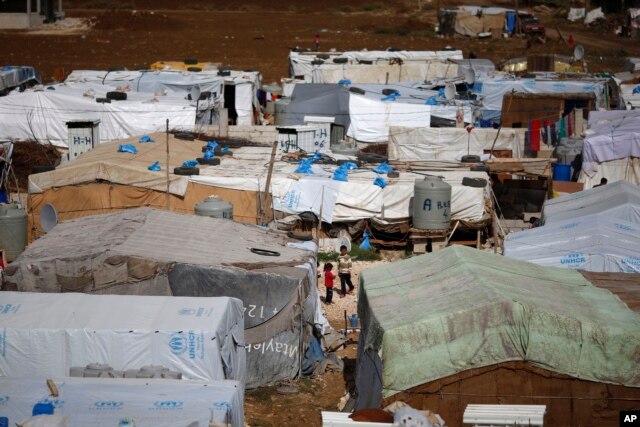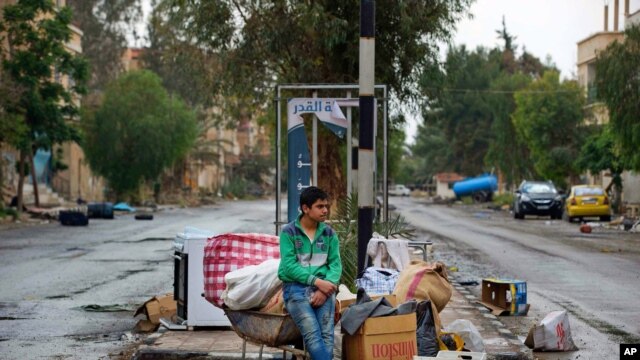barryqwalsh
Gold Member
- Sep 30, 2014
- 3,397
- 250
- 140

The refugee crisis is placing great strain on German politics because the notion that Germany will receive every migrant who wants to travel from the Middle East is beginning to scare the average German. Taxi drivers here, mainly from Turkey, claim that right now it's not a problem, but it may well become one if the numbers continue to rise.
This is happening at a time when the German stock market has fallen by 30pc from its peak because of worries about the global economy and global demand. Germany is the world's best exporter and therefore it has most to lose from a global slump. Add to this the Volkswagen debacle that has undermined the 'Made in Germany' brand for quality and honesty.
As Germany feels the strain, Ireland must learn to think without aid from Brussels - Independent.ie





